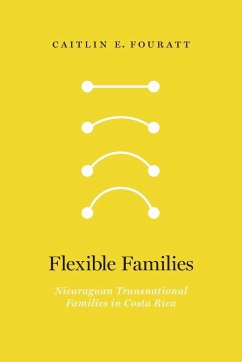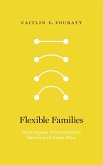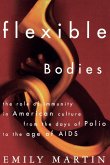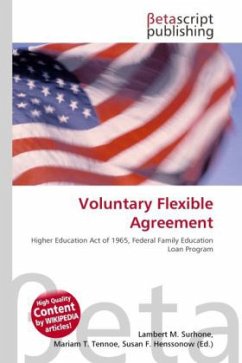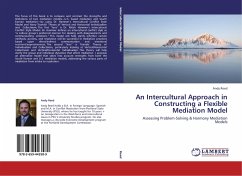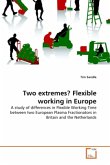Flexible Families examines the struggles among Nicaraguan migrants in Costa Rica (and their families back in Nicaragua) to maintain a sense of family across borders. The book is based on more than twenty-four months of ethnographic fieldwork in Costa Rica and Nicaragua (2009-2012) and more than ten years of engagement with Nicaraguan migrant communities. Author Caitlin Fouratt finds that migration and family intersect as sites for triaging inequality, economic crisis, and a lack of state-provided social services since the 1990s. The book situates transnational families in an analysis of the history of unstable family life in Nicaragua due to decades of war and economic crisis, rather than in the migration process itself, which is often blamed for family breakdown in public discourse. Fouratt argues that the kinds of family configurations often seen as problematic consequences of migration--specifically single mothers, absent fathers, and grandmother caregivers--represent flexible family configurations that have enabled Nicaraguan families to survive the chronic crises of the past decades. By examining the work that goes into forging and sustaining transnational kinship, the book argues for a rethinking of national belonging and discourses of solidarity. In parallel, the book critically examines conditions in Costa Rica, especially the ways in which the instabilities and inequalities that have haunted the rest of the region have begun to take shape there, resulting in perceptions of increased crime rates and a declining quality of life. By linking this crisis of Costa Rican exceptionalism to recent immigration reform, the book also builds on scholarship about the production and experiences of immigrant exclusion. Flexible Families offers insight into the impacts of increasingly restrictive immigration policies in the everyday lives of transnational families within the developing world.
Hinweis: Dieser Artikel kann nur an eine deutsche Lieferadresse ausgeliefert werden.
Hinweis: Dieser Artikel kann nur an eine deutsche Lieferadresse ausgeliefert werden.

